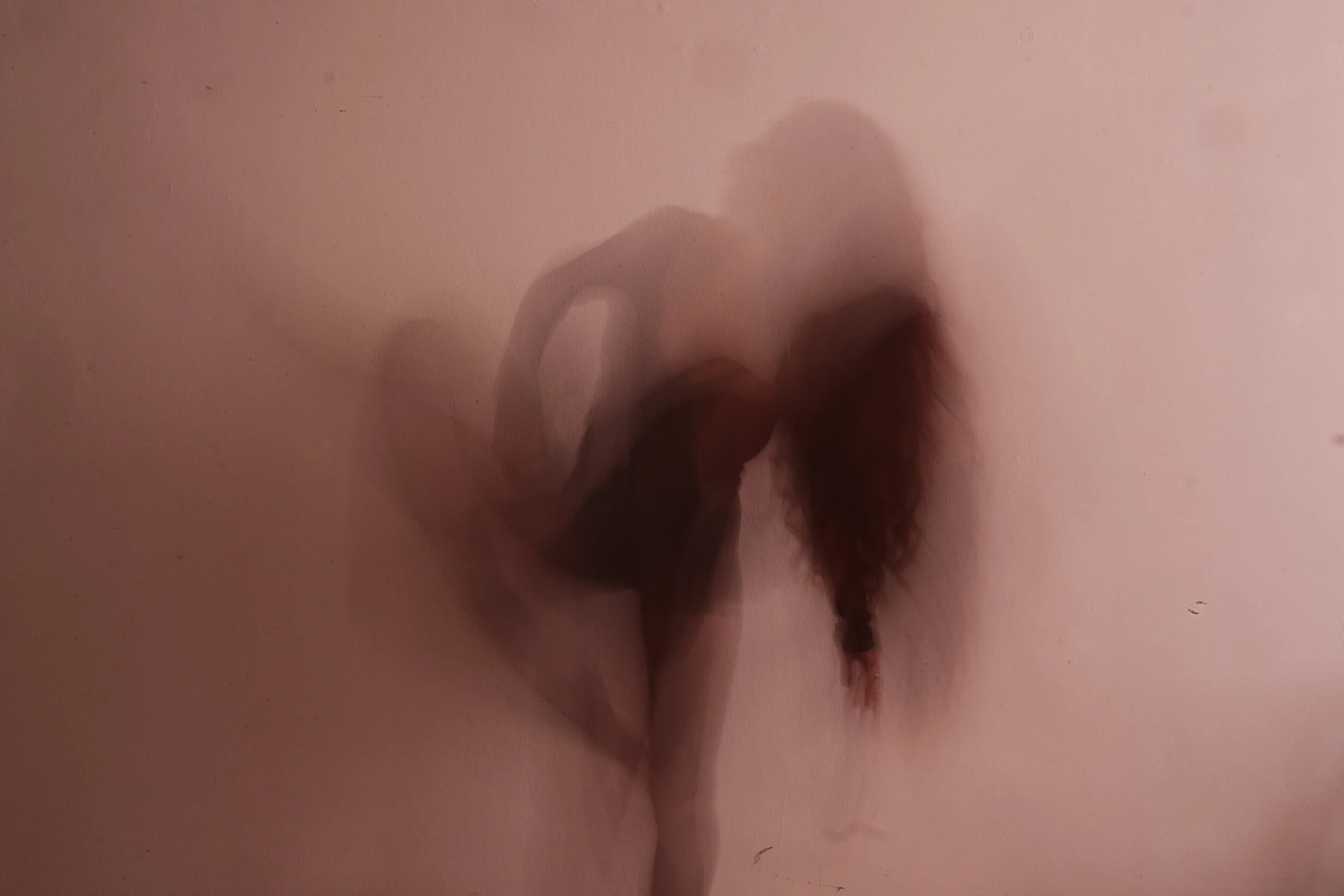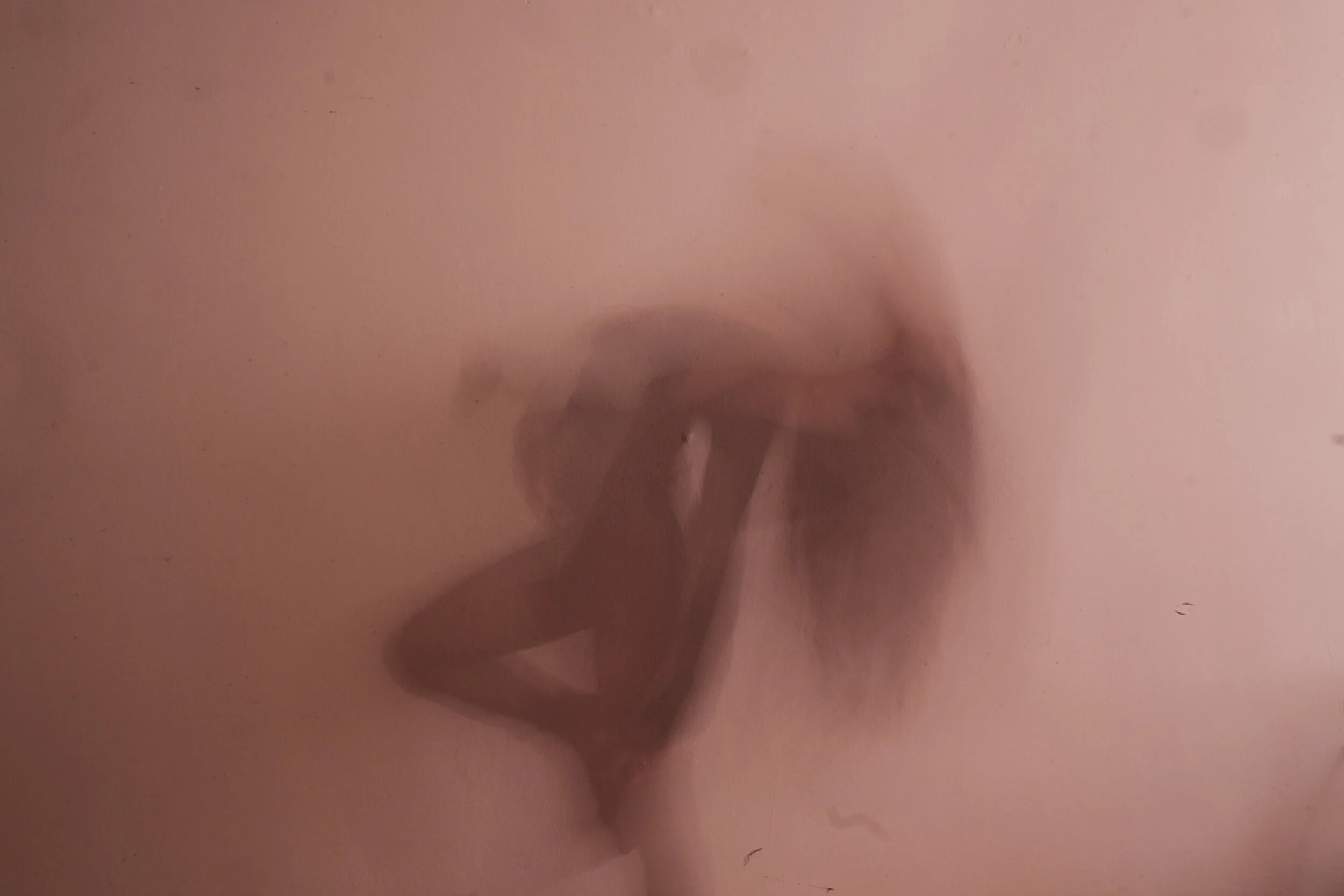A Year Ago
“If you’re looking for something more real, you have to be destructive when necessary.”
from the film, Winter Sleep
A year from now, I discovered my purpose. In a tucked corner of Edinburgh, watching the snow fall over the cobblestones, the street lights. It came quietly, unlike the storms with which many other realizations in my life have arrived with. Every fragment, every accident, every neglected obsession, every traumatic experience seemed to lead me here, to this place, of all places, where a professor with small blue eyes stood at the front of the class, speaking about the rules of screenwriting while I sat in the corner, looking out the window, hearing nothing. A strange feeling had settled inside me, seeping into every crevice, every uncertain part of me, cancelling every doubt, every hesitation. I was as certain as I was of my name, my age, my birthplace, that I was born to make films.
This realization came at a time when I still knew absolutely nothing about what it would take to make one, and just one look at the editing software would send a wave of fear and hopelessness over me. How would I, who barely knew the basics of technology, who had barely been getting by with it, ever learn how to bring together hundreds of minutes of filming into something remotely close to what I envisioned?
How I Started
It began mindlessly. I followed a childish impulse. It made no sense, and I loved it all the more because it didn't. I started setting up random, entirely unrelated scenes, and because I hardly knew anyone there, I, despite two decades worth of running away from every attempted photograph, would position myself before the camera and act out different scenes myself. The first time I saw myself recorded like that...how to say this? It would be the first lesson I'd learn about the powers of cinema, how a completely ordinary person could become extraordinary in front of a lens, how someone you'd hardly notice in passing could become someone you can't take your eyes off in a film.
Of course, I still carried with me that same awkwardness and restrain, that awful carefulness I've been trying to get rid of for years, but I was a different person, one I could bare watching, one that I could not only tolerate but be drawn to, enthralled by. I learned that the lens works like the eye of a person who, after so so long, discovers you where you least expected to be discovered and goes on to look at you the way you've always wanted to be looked at. It's that kind of beckoning gaze at the end of an exhausting march, the kind that strips you of all pretense and falsity as easy as a leaf letting go of its branch in the fall. You are you only under that gaze, all other versions of you are false. The true one can only emerge when it's comfortable, and the lens can, despite its horrifying nearness and daunting black circle, at the right time, under the right conditions, be the single eye that brings to you the self you had no idea you'd been without all this time. And in bringing it to you, you notice, for the first time in your life, its long, long absence.
What has happened since the discovery of this purpose is a long, fragmented story, full of pieces that make all the sense, and others that make no sense at all. I left Scotland in March, having finished my first short film. I stayed in Florida until August. I worked on a few poems, a few calligraphy pieces. I wrote a screenplay about a Syrian refugee in Germany who keeps seeing himself in the age of the last person he encounters. Nothing came of that. I bought an old Ford van with a stimulus check. Only after I purchased it did I learn that it was falling apart and badly in need of repairs. I spent months fixing it. I converted it into a campervan, built a bed, a desk, a tiny kitchen, set laminate flooring, oak siding. After months of hesitation, I finally gathered the courage to leave the man I shared five years of my life with. It was the most agonizing journey I'd ever taken. It felt like a painful, drawn-out death. I broke down crying at different gas stations around the country. I don't think I ever cried the way I did that week on the road. I drove through Florida, Georgia, Tennessee, through Nashville and Knoxville and finally, through Virginia all the way up to the northern tip. I spent the next two months filming again, trying to make sense of the end of a love I thought would never see its end.
On Healing
I started filming again in Virginia, but I couldn't put any words to it this time. I laid the burden on the images to speak for me, to say what I couldn't. In fact, I didn't know what I was attempting to say. And after two months of filming and finally giving up, I packed a small bag and went to work at a hostel in Puerto Rico. I had to go away. I was following another mindless impulse, and when I delayed my return to the states a month later, it was the same wordless command, a raw, pure gut feeling. And having listened to it more often in the past year than I have my whole life, I started to wonder how different everything would have turned out had I followed it more often. But, I also meant what I said. I really do believe every part of my life, even the mistakes—especially the mistakes—painful as they've been, were all absolutely necessary.
There was no short cut, no other road that would have led to the day I discovered what I was really meant to do. I'd never given filmmaking a thought before. Had I not felt a growing feeling of hopelessness and despair in my marriage, had I not felt this void while I lived in New Orleans, this nagging feeling that something important was missing, had I not suffered through years of writer's bloc and decided, again impulsively, that a masters program in Scotland would heal the bloc, had I not dropped out two months later and accidently discovered a filmmaking course in the university pamphlet, had I felt comfortable and happy enough in my marriage to leave Scotland, I'd have never found myself in that classroom on the second floor, right off of Prince Street, discovering, with a sort of uncomplicated serenity that was not at all familiar to me, that this, precisely this, is what I've been put on this earth to do. Whether I carry out this purpose well or badly is another thing all together, but the discovery of it alone was enough to quiet that raging voice in me that begged to be tended to, explored, and finally, finally answered.
Since then, I've been feeling this tug from two opposing directions. One pulls me towards the work that needs to be done, all the stories that need telling, all the sentiments begging for form, and the hurry, to make up for all the time when I did not know what I was meant to be doing. The other pulls me towards the shore, the streets, the van, the people, strangers, loved ones. It wants to play, to also make up for all the time I wasn't allowed outside and not allowed a childhood. Maybe that's my problem, that when I follow either impulse, to work or to play, I do it with a vengeful or self-pitying feeling for all the lost time. Rather than experiencing the pleasures of either, I am distracted instead by all the years that have passed without it. Play and work become acts of revenge and regret rather than a moment of time I could lose myself in.
It's as if I want to prematurely declare myself a survivor and use these acts as proof, to myself and others, that I am free now, and that for all my recklessness and wanderings, I have, at the end of it all, discovered my purpose. And it's the need to declare, to exhibit that kills me and leaches these new experiences of any joy and fulfillment they would otherwise bring to me. It's not that I have to choose which impulse I want to give myself to, I think I can follow both at separate times, but that I have to insist that these experiences remain my own. I always thought pleasure came from being able to do something now that you were not allowed in the past, but no, it comes from being able to isolate every experience, cut it off from the long, decaying rope of the past, let it come when its comes and leave when it leaves and trust that nothing is timed randomly. If I was meant to live my childhood in my adulthood, if I was meant to discover filmmaking after the chance to pursue it as a degree had passed, maybe it was to keep these two precious things aside for me for when I was ready.
And I want, more than anything, to be ready now.
“I paint like a child.”
“That’s a good thing. My whole life I tried to paint like a child.”
from the film, Renoir

